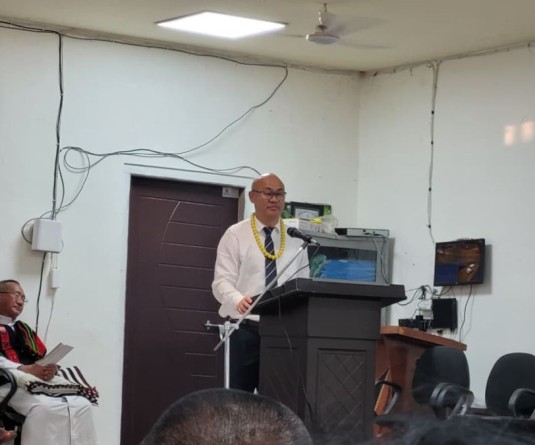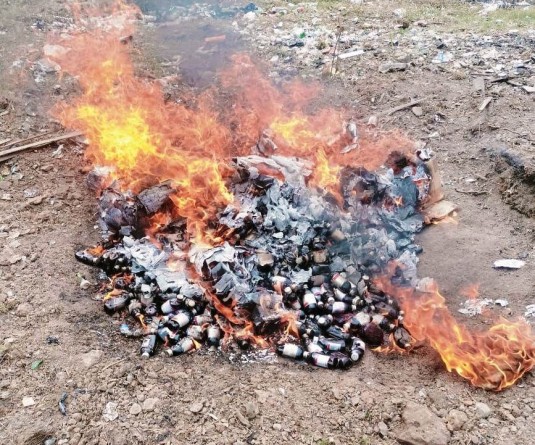
KOHIMA, JUNE 2 (MExN): Four major government employee associations in Nagaland have strongly condemned the state government’s move to amend eligibility criteria for induction into the Indian Administrative Service (IAS), alleging that the changes are designed to facilitate the entry of “backdoor appointees.”
In a joint statement, the Confederation of All Nagaland State Service Employees’ Association (CANSSEA), Federation of Nagaland State Engineering Service Association (FONSESA), Nagaland Secretariat Services Association (NSSA), and Nagaland Finance & Accounts Services Association (NF&ASA) expressed “grave concern” over what they described as a deliberate manipulation of established procedures to benefit individuals who did not enter service through the Nagaland Public Service Commission (NPSC).
The controversy stems from a recent government circular inviting applications for induction into one IAS post from officers outside the State Civil Services (non-SCS). Ten applications were submitted within the stipulated 15-day period. However, the associations claim that the circular was revoked just a day after the deadline, and the state government subsequently amended the eligibility criteria—most notably removing a fourth criterion that ensured merit-based consideration.
Calling the move “a strategic manipulation,” the associations allege that the decision violates the spirit of the IAS (Recruitment) Rules, 1954 and the IAS (Appointment by Selection) Regulations, 1997. These rules, they argue, are meant to uphold transparency and fairness—not facilitate the entry of individuals who have bypassed competitive recruitment.
“In an era where meritocracy should be the cornerstone of governance, this action undermines transparency and fairness,” the joint statement said. “It opens the IAS—the premier civil service of the country—to those who have bypassed competitive, merit-based recruitment.”
The statement further pointed to a 2018 representation by the Nagaland Civil Service Association (NCSA), which led to stricter eligibility norms requiring IAS induction only from officers who entered service through the NPSC. The associations said the latest decision reverses that progress and sets a dangerous precedent.
“This is not just a procedural issue—it’s about the very integrity of our governance. If the entry into the IAS can be manipulated, then no aspect of the system is safe from nepotism,” the statement warned.
Despite multiple representations to the state government, the associations said they have only received a generic reply indicating that the process will proceed under the IAS recruitment and selection regulations. They contend that this response disregards their demand for stricter, merit-based eligibility criteria.
“The youth of Nagaland are striving for a system that rewards merit. This action by the State Government flies in the face of that struggle and institutionalises nepotism,” asserted associations in a statement issued by the Media Cell of the Core Committee for Non-SCS IAS Induction.
The joint forum has demanded the immediate reinstatement of merit-based eligibility norms and cancellation of all actions aimed at accommodating non-meritorious entrants.
They cautioned that failure to address the issue may compel them to initiate democratic forms of protest and explore legal avenues.






